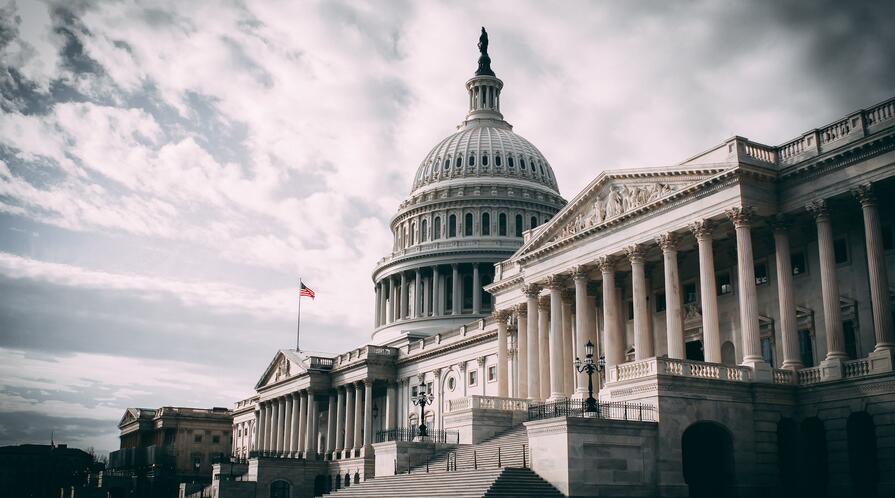The Public Health Fixes that Missed the Omnibus Bill
The Public Health Fixes that Missed the Omnibus Bill
In this JAMA Health Forum commentary, SHP's Michelle Mello and colleagues argue that the $1.7 trillion omnibus bill that Congress passed in December 2022 responds to several urgent public health needs, yet only narrowly addresses some of the critical determinants of pandemic preparedness.

As the third year of the COVID-19 emergency draws to a close, policy makers have begun to assess and apply its lessons for health policy. At the national level, the $1.7 trillion omnibus bill that Congress passed in December 2022 reflects some of what the nation has learned from the pandemic. The legislation responds to several urgent needs, yet only narrowly addresses some of the critical determinants of pandemic preparedness.
The pandemic exacerbated a set of already profound health issues: maternal and infant mortality, opioid use disorder, mental health problems, poor access to care in the rural US, and health inequities. The omnibus bill recognizes these issues with provisions that, if well implemented, could make a meaningful difference:
-
The omnibus permanently gives states the option to provide 12 months of Medicaid coverage to new mothers. It requires states to give children 12 months of continuous Medicaid and Children’s Health Insurance Program coverage even if family circumstances change. It also creates a maternal health hotline, funds maternal depression and substance use screening, and increases funding for other maternal and child health programs.
-
The legislation funds several new programs focused on mental health and substance use disorders during and outside of emergencies. Examples include peer-to-peer mental health services, optimizing responses to individuals experiencing mental health crises, and early intervention for high-risk children. It strengthens enforcement of mental health parity regulations and extends them to state and local government health plans. Several provisions will improve access to medications for opioid use disorder, especially elimination of the requirement that practitioners obtain a special Drug Enforcement Administration waiver to prescribe buprenorphine. The bill also contains sizeable appropriations for state and tribal opioid response programs.
-
To expand access to care more generally, the omnibus extends regulatory waivers relating to telehealth services through 2024. This step is particularly important for patients in rural areas and those seeking mental health services.
-
To support health equity, the omnibus includes new funding for community health workers to focus on social determinants of health, and a grant program addressing social determinants. These programs reflect recognition that socially disadvantaged communities are at the greatest risk of the worst outcomes in any public health emergency, as well as outside of emergencies.
Read the Full Commentary in JAMA Health Forum




